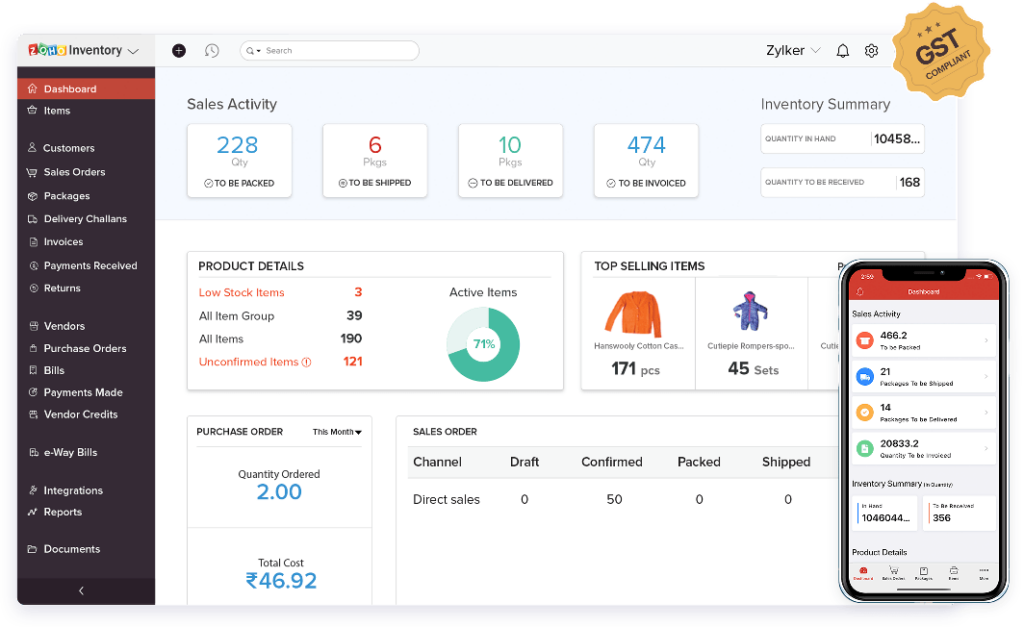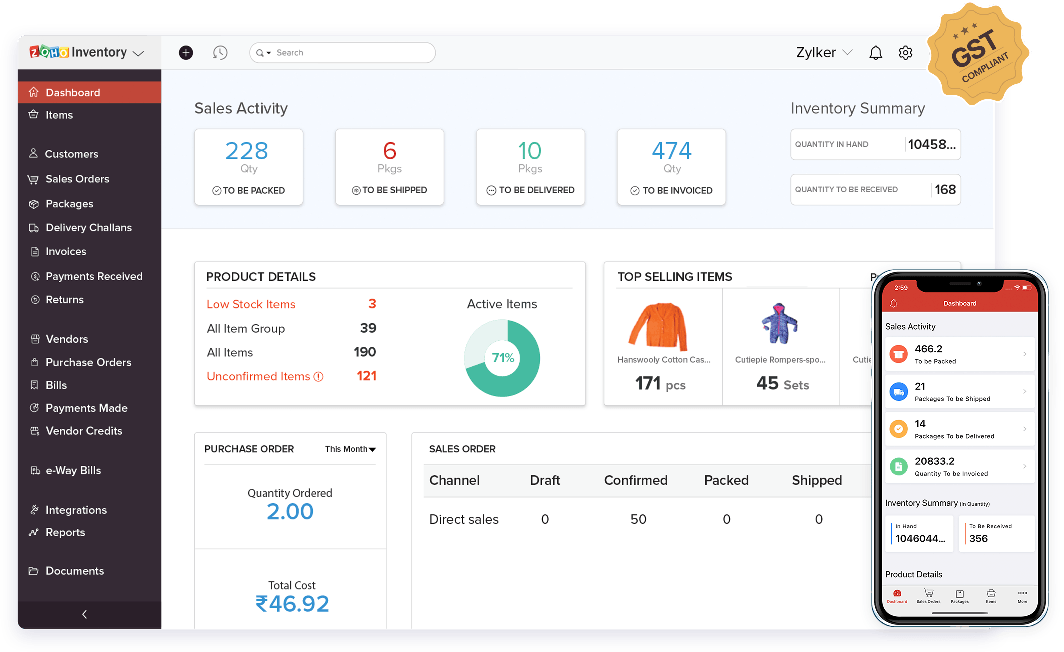In today’s rapidly evolving business landscape, efficient inventory management is the cornerstone of success. A well-implemented stock management system can significantly enhance your company’s operations, streamline processes, and contribute to sustained growth. In this article, we delve into the numerous benefits of a stock management system, highlighting its role in warehouse stock control and overall business success.

Benefits of a Stock Control System
Enhanced Inventory Accuracy
Firstly, a stock control system empowers your company with real-time visibility into your inventory levels. This accuracy is pivotal in preventing overstocking and stockouts, thus optimizing your warehouse space and ensuring that the right products are available when needed. By having an accurate picture of your inventory, you can make informed decisions, minimize carrying costs, and boost customer satisfaction.
Improved Order Fulfillment
Secondly, efficient warehouse stock control is paramount to meeting customer demands promptly. With a stock management system in place, you can easily track product availability and streamline order processing. This not only reduces order fulfillment times but also enhances customer experience, fostering loyalty and positive brand perception.
Optimized Resource Utilization
A well-designed stock control system allows you to allocate resources effectively. You can identify slow-moving items, analyze demand patterns, and adjust purchasing and production strategies accordingly. This leads to optimized resource allocation, reduced waste, and increased operational efficiency.
Accurate Demand Forecasting
By analyzing historical data and trends, a stock management system aids in accurate demand forecasting. Anticipating market fluctuations and seasonal trends allows you to align your inventory levels with expected demand, preventing excess inventory or shortages.
Cost Savings
Warehouse stock control directly impacts your bottom line. By preventing overstocking and stockouts, you can avoid unnecessary holding costs and rush-order expenses. Additionally, accurate demand forecasting helps optimize procurement, reducing carrying costs and minimizing the risk of obsolete inventory.

Data-Driven Decision Making
Stock management systems provide invaluable insights through data analytics. These insights empower you to make informed decisions about inventory levels, replenishment cycles, and procurement strategies. Data-driven decision making ensures that you are always in sync with market dynamics.
Enhanced Supplier Relationships
A stock control system allows you to establish better communication and collaboration with suppliers. Timely reordering, sharing accurate demand forecasts, and maintaining optimal inventory levels can lead to stronger partnerships, negotiated discounts, and improved supplier relationships.
Regulatory Compliance
In industries with stringent regulations, maintaining accurate inventory records is crucial for compliance. A stock management system ensures that your company adheres to industry-specific guidelines and facilitates seamless audits.
Conclusion
Implementing a stock management system offers a multitude of benefits that extend beyond efficient warehouse stock control. From accurate inventory tracking to improved order fulfillment, optimized resource utilization, and data-driven decision making, the advantages are undeniable. By embracing this technology, your company can position itself for growth, enhance operational efficiency, and remain competitive in an ever-changing business landscape with the help of Fulfillmen. It’s time to unlock the power of a stock management system and pave the way for a prosperous future.




